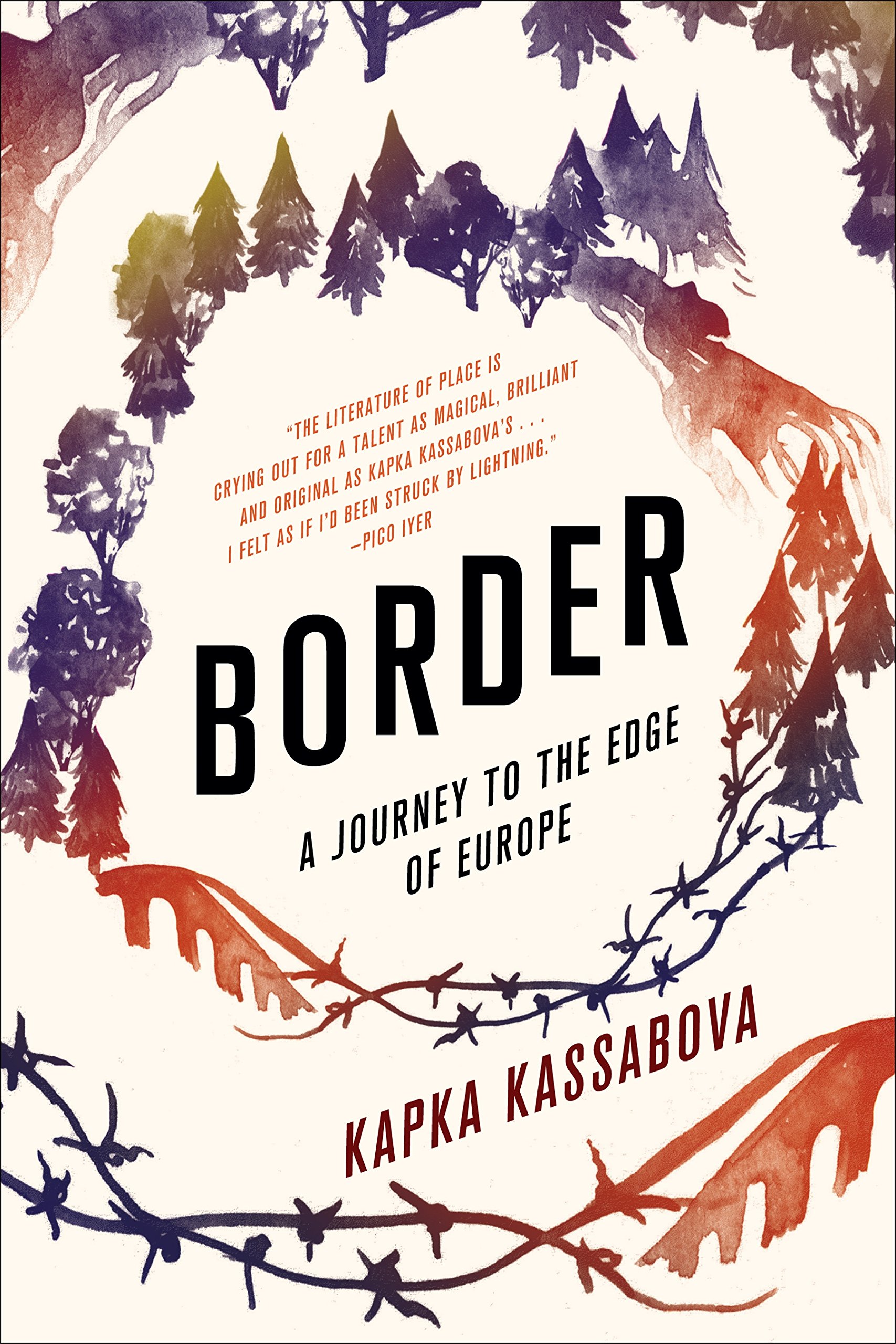
If you’re looking for a well-written armchair travelogue, try Kapka Kassabova’s Border: A Journey to the Edge of Europe (Graywolf), a poetic, thoughtful, and timely exploration of the borderlands of the eastern Balkans, a tangled, troubled landscape where, for centuries, east and west have faced each other across boundaries that have vanished from (and reappeared on) maps, in lockstep with the rising (and falling) fortunes of empires and nations. Kassabova, now a resident of Scotland, was born in Bulgaria in 1973 during that brutal period when the southern border of Bulgaria was the most isolated section of the Iron Curtain and a magnet for the faint and often fatal hopes of those most desperate to make their escape to the west. Many died in the attempt, shot by border guards, their remains hurriedly buried in the nearby forests. The ghosts of these dead haunt Kassabova’s account, as she drifts back and forth across the frontier—between Bulgaria, Greece, and Turkey—talking with those she meets along the way: “retired spies, smugglers, hunters, botanists, healers, artists, Roma, forest rangers and border guards,” and, increasingly, the newly displaced: refugees from conflicts further to the east—Syria and Iraq—whose exodus to the west stalled abruptly when borders, briefly open, hardened once more.








